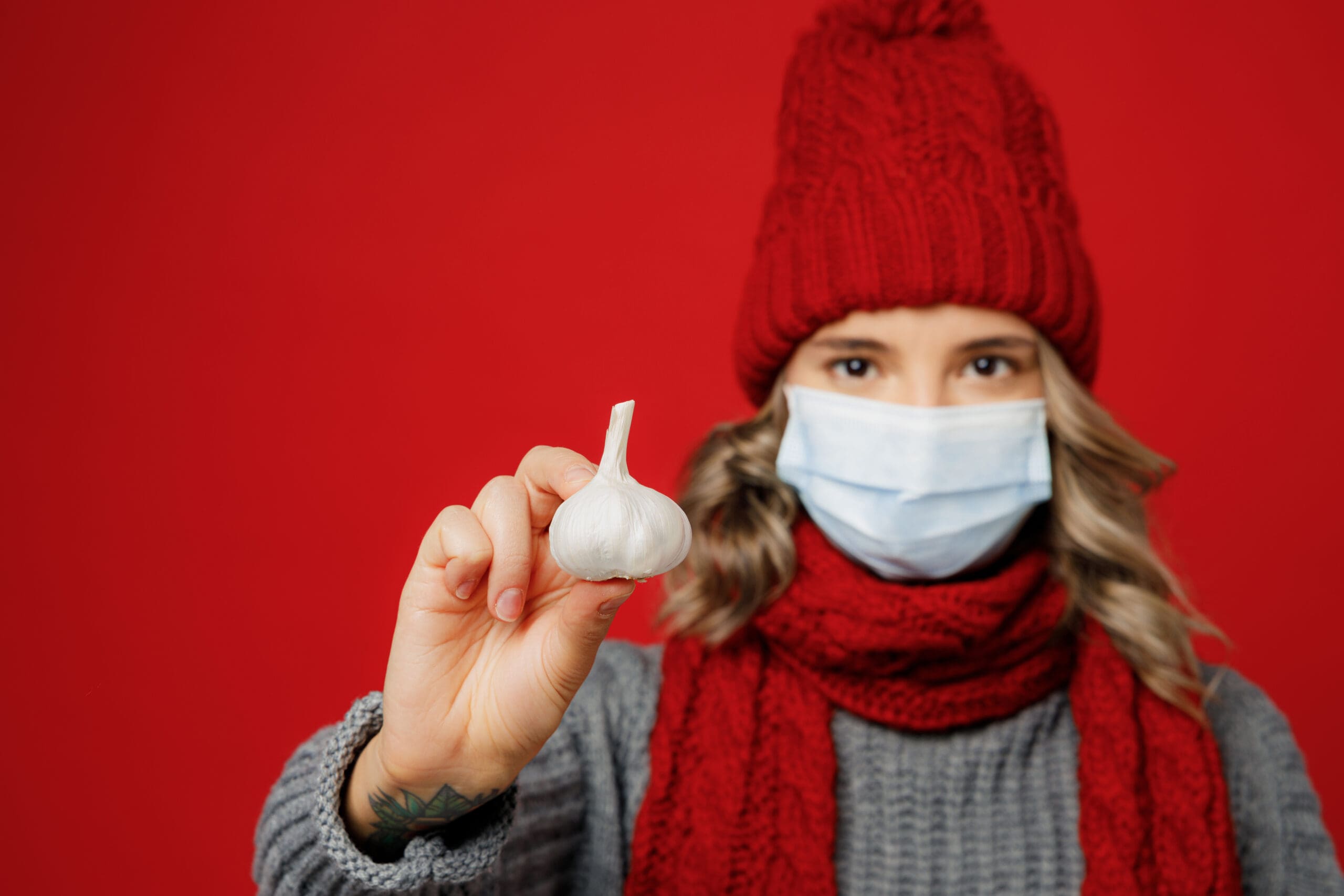Protect yourself from the flu this winter
By naturopath Margaret Jasinska
Colds and flu are the most common cause of illness in adults and children. Although the terms are often lumped together in a sentence, colds and flu are very different illnesses. The flu is far more severe and can lead to death in immune compromised individuals.
The flu is caused by a specific group of RNA viruses and can be spread by an infected person coughing or sneezing. You can also catch the flu from touching an item contaminated by the virus.
The following are all typical flu symptoms, which usually come on abruptly. The most common symptoms include:
- Headache
- Flushed face
- Muscle and bone aches and pains
- Sore throat
- Malaise and weakness
- Fever, sweating and chills
- Cough
The flu can leave you flat on your back, unable to work, study or look after your children. There’s really no comparison to a cold, which most people can continue working through.
Thousands of Australians come down with the flu each year and between 1500 and 3500 people actually die from it. They are mostly elderly people, hospitalised people, children and pregnant women. Every year a new flu vaccine is formulated, but because the virus changes (mutates) so quickly, effectiveness is often severely limited. Last year, the flu vaccine in Canada was so ineffective that it offered most people virtually no protection against the H3N2 strain of flu virus, which was the dominant strain that winter.
A lot of people are opposed to receiving the flu vaccine, either because of its ineffectiveness or concern about its safety, particularly for anyone with autoimmune disease or allergies. Whether you choose to have the vaccination or not, the health of your immune system is the greatest determinant of whether you’ll get the flu and how severe the infection will be.
Tips to help with flu prevention and treatment
- Wash your hands regularly and avoid touching your mouth with your hands. The flu virus can survive on surfaces for eight hours. That makes it very easy to pick up unless you never leave your house.
- Rest is the most important factor in helping your body to overcome an infection. Ideally you would go to bed and try to get some sleep. Taking cold and flu drugs and continuing to work just prolongs the illness and makes you more susceptible to catching another bug soon afterwards.
- Drink plenty of fluids. Try to sip water all day. It will help to manage a high fever, give you some more energy, help a cough and help you overcome the infection faster. Warm water with lemon and ginger is soothing to the throat and high in vitamin C.
- Eat lightly. If you’re really not hungry you can skip a meal and get some sleep instead. Salads, vegetable juice, steamed vegetables and smoothies are all suitable meals. It’s also important to get some protein and healthy fats in your diet, such as seafood, poultry (chicken soup), olive oil and avocados.
- Many herbs and spices have antiviral properties. Include as many of these as possible in your diet. Some of these include garlic, onion, basil, thyme, ginger and oregano.
- Avoid dairy products because they increase mucus production. They can make you more congested, especially at night and worsen a cough.
- Avoid sugar, as it suppresses your immune system. If you’re feeling feverish and exhausted, sometimes the only thing you want to eat is an ice block, but the sugar won’t do you any favours. A raw vegetable juice is just as refreshing and will provide nutrients your immune system desperately needs to fight the infection.
If you are regularly coming down with infections, it’s best to see your healthcare practitioner to find out why. Perhaps you are suffering with some nutrient deficiencies that are leaving your immune system vulnerable.
Immune support for children: The ingredients in Children’s Immune Strength Powder help to relieve symptoms of colds and flu and reduce the severity of symptoms of mild upper respiratory tract infections.
References
The Influenza Specialist Group (ISG), Australia
Newall AT, et al. Influenza-related hospitalisation and death in Australians aged 50 years and older. Vaccine 2008 Apr 16;26(17):2135-41 Cannell, J.J., Vieth, R., Umhau, J.C., et al.,









Leave A Comment